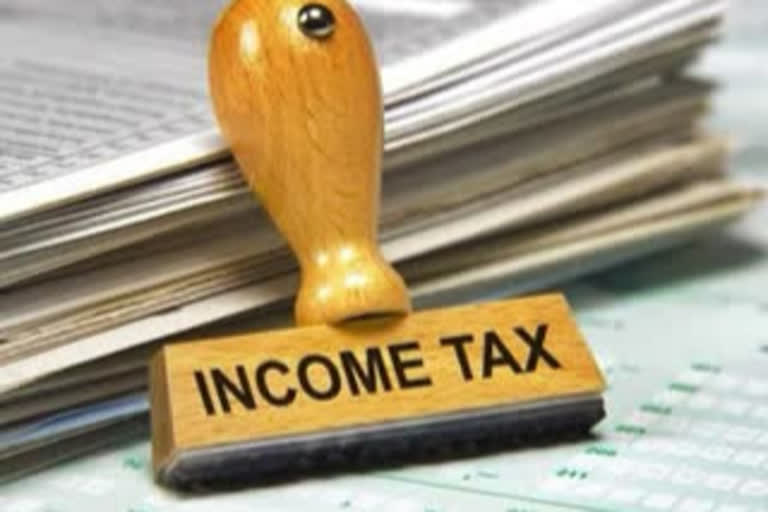New Delhi:Central Board of Direct Taxes (CBDT) amended the Income Tax Rules of 1962 for easy authentication of electronic records submitted on Income Tax Portal by companies and other class of taxpayers who were required use digital signature earlier.
The CBDT said the notification was issued on Monday. The amended rules provide that the electronic records submitted by a taxpayer through his or her registered account in the Income-tax department’s portal shall be deemed to have been authenticated by the taxpayer by electronic verification code (EVC).
“Where a person submits an electronic record by logging into his registered account in the designated portal of the Income-tax Department, it shall be deemed that the electronic record has been authenticated by EVC for the purposes of section 144B(7)(i)(b) of the Income-tax Act, 1961 (‘the Act’),” said the CBDT.
This facility was earlier available to individual taxpayers and also to some other taxpayers who did not require tax audit as they were allowed to authenticate an electronic record submitted by them on the Income Tax Department’s portal without the compulsory use of digital signatures.
These taxpayers were permitted to authenticate electronic records by generating electronic verification code (EVC) by using their PAN linked bank accounts or by generating an OTP using their Aadhaar numbers.
Read: I-T Dept extends deadline for manual filing of forms related to foreign remittances till July 15
However, unlike the individual and other categories of small taxpayers, companies were required to use digital signatures, which was considered a cumbersome process. The use of a digital signature for authentication of electronic records requires the use of a dongle where the user’s data is stored in encrypted form whereas the authentication by generating electronic verification code (EVC) does not need the use of any external device.
“The simplified process of authentication through Electronic Verification Code is not available to companies, tax audit cases, among others, as it is compulsory for them to authenticate the electronic records submitted on the portal through digital signature,” said the CBDT.
The CBDT said in order to provide the benefit of the simplified process of authentication by EVC to companies and other categories of taxpayers, the facility has been extended to them as well.
“Hence, the persons who are mandatorily required to authenticate electronic records by digital signature shall be deemed to have authenticated the electronic records when they submit the record through their registered account in the Income-tax Department’s portal,” the CBDT clarified in a statement. The Board said the necessary legislative changes would be proposed in due course.
Read: New online tax payment system, mobile app to be launched soon: CBDT
